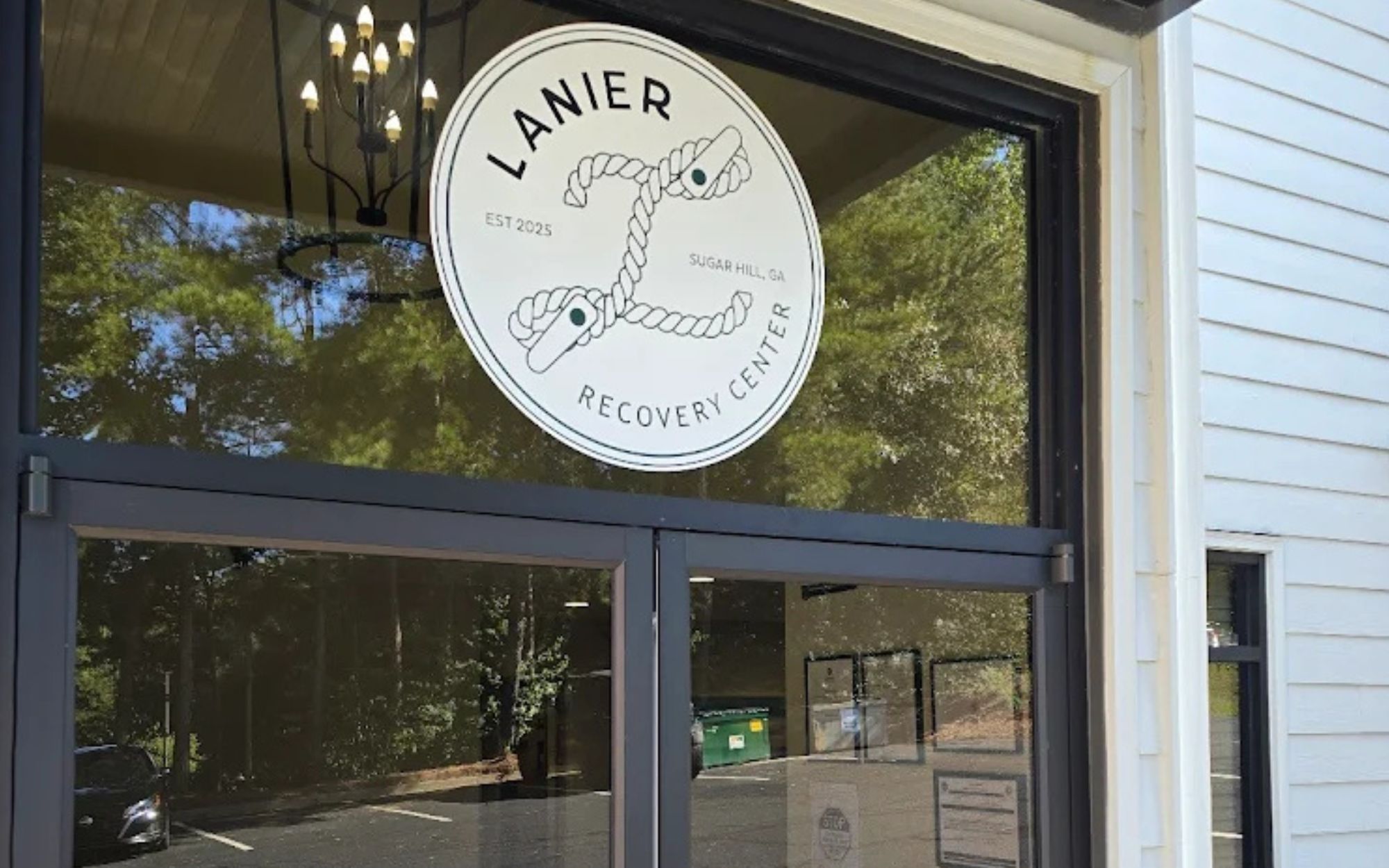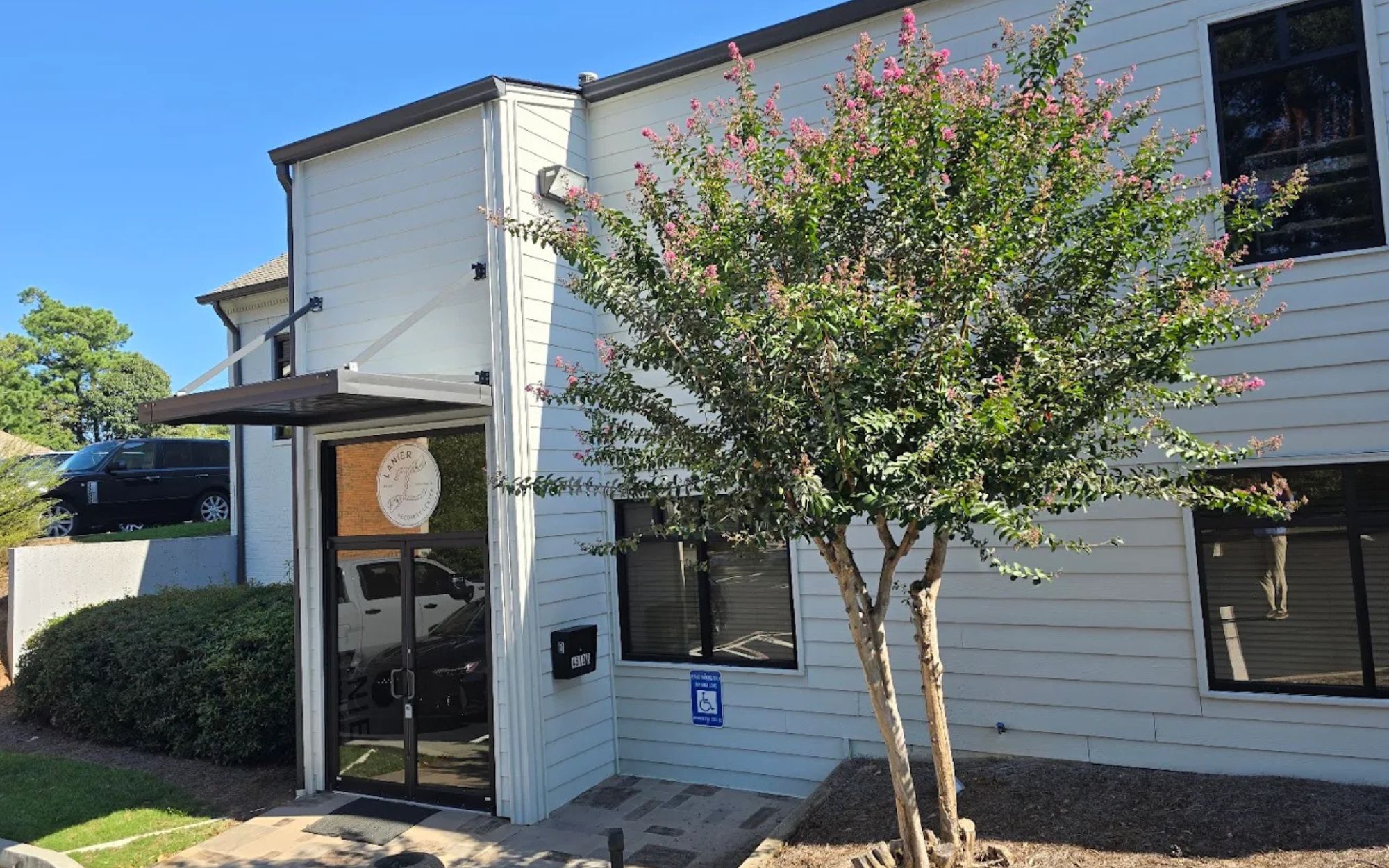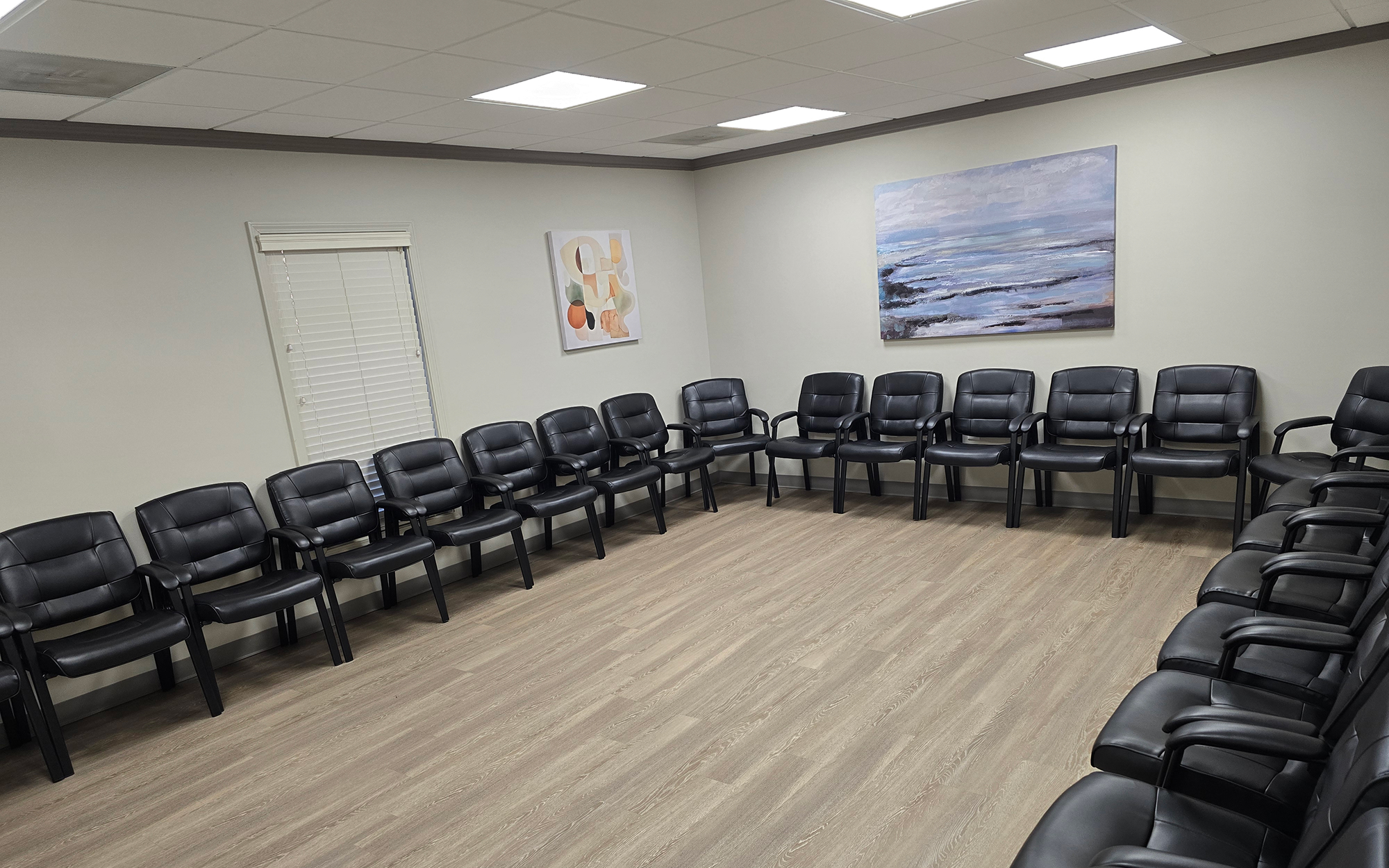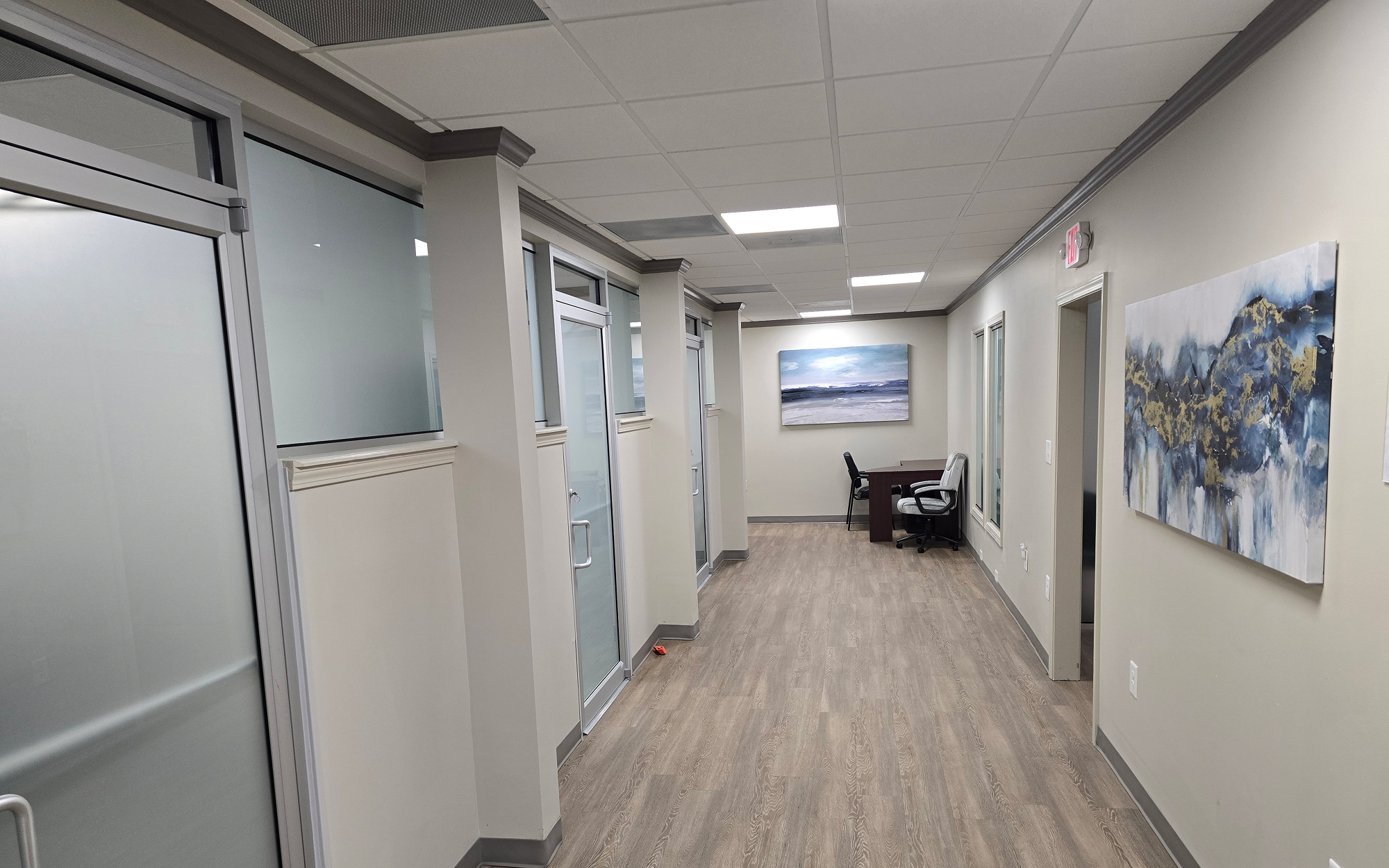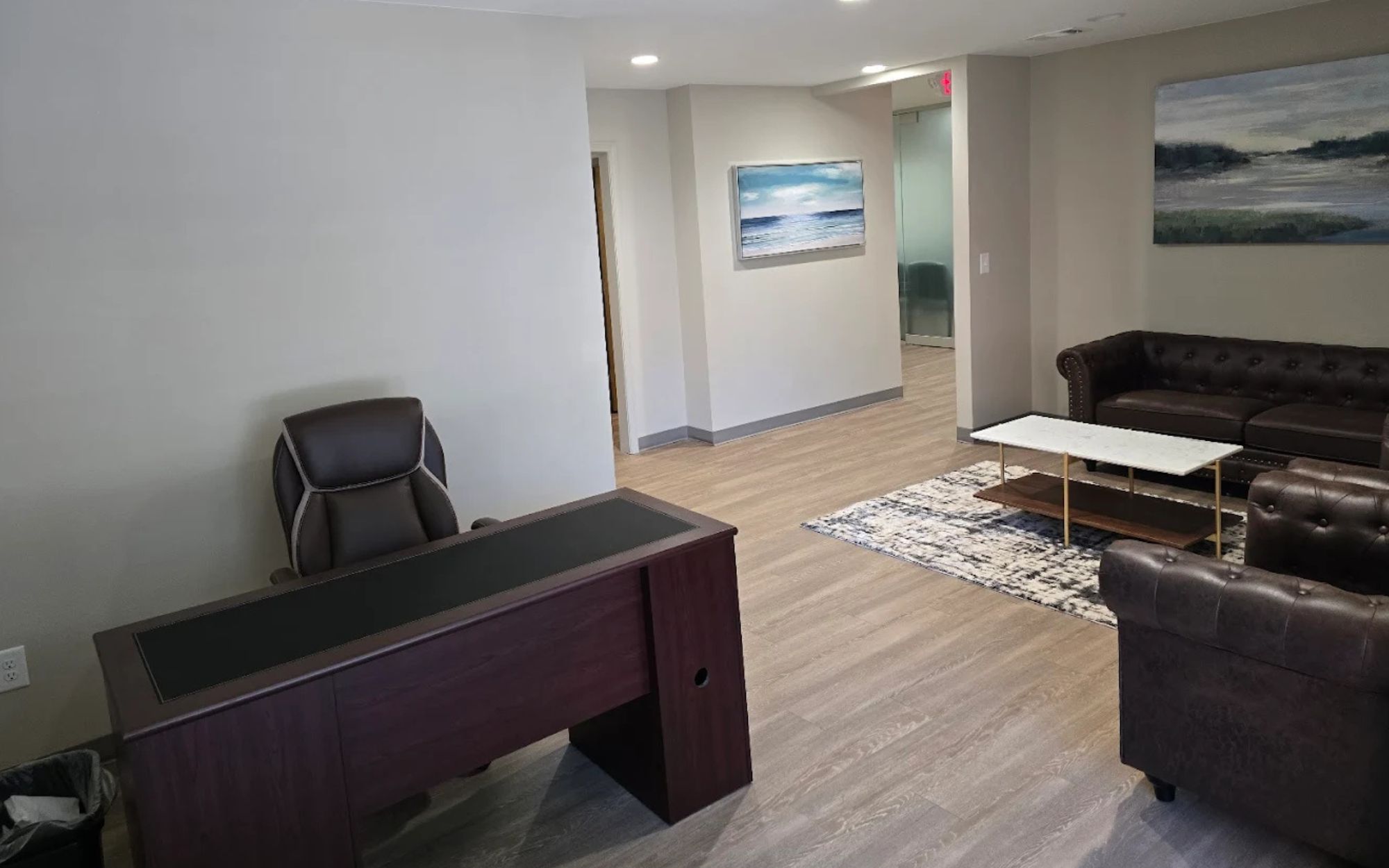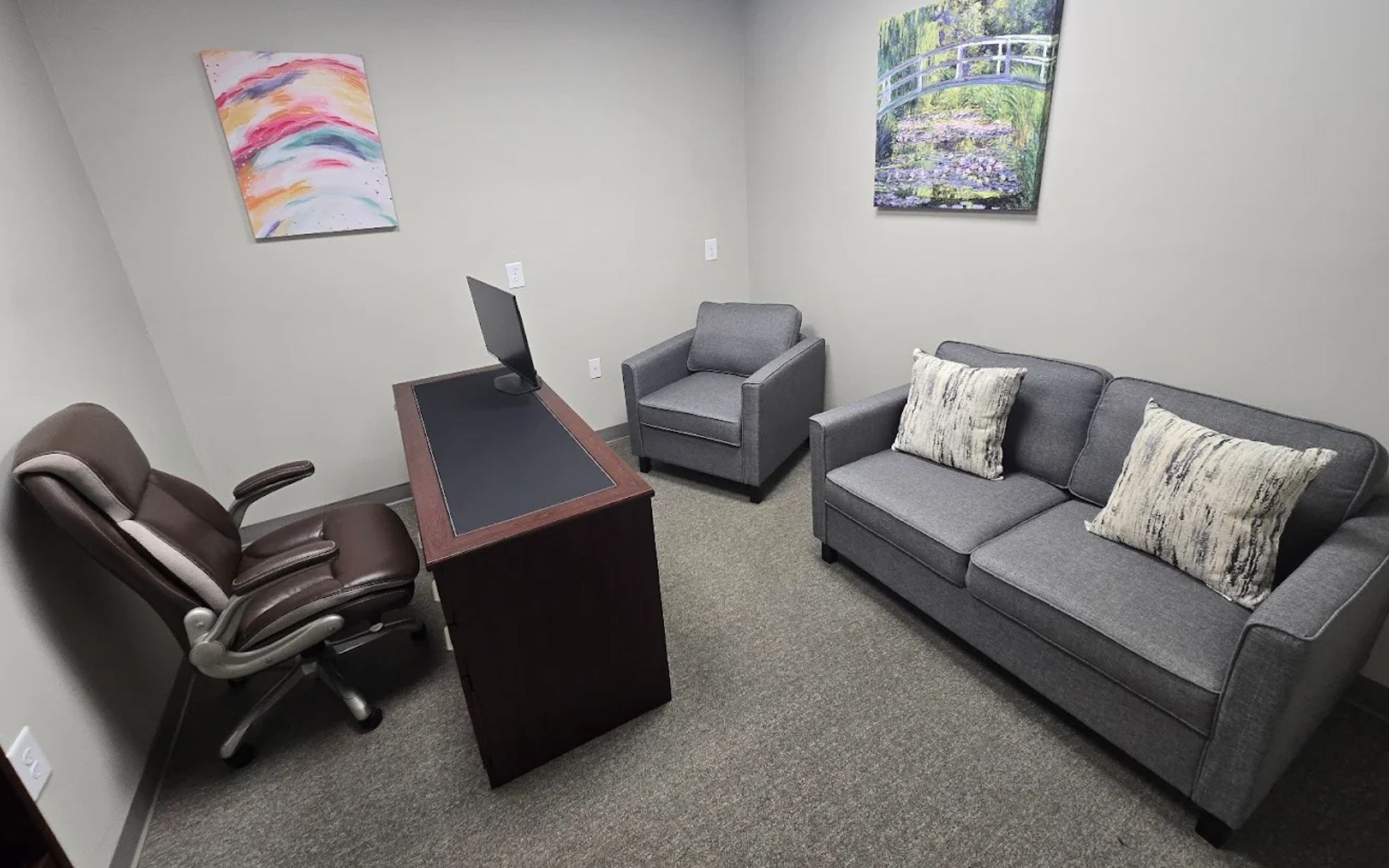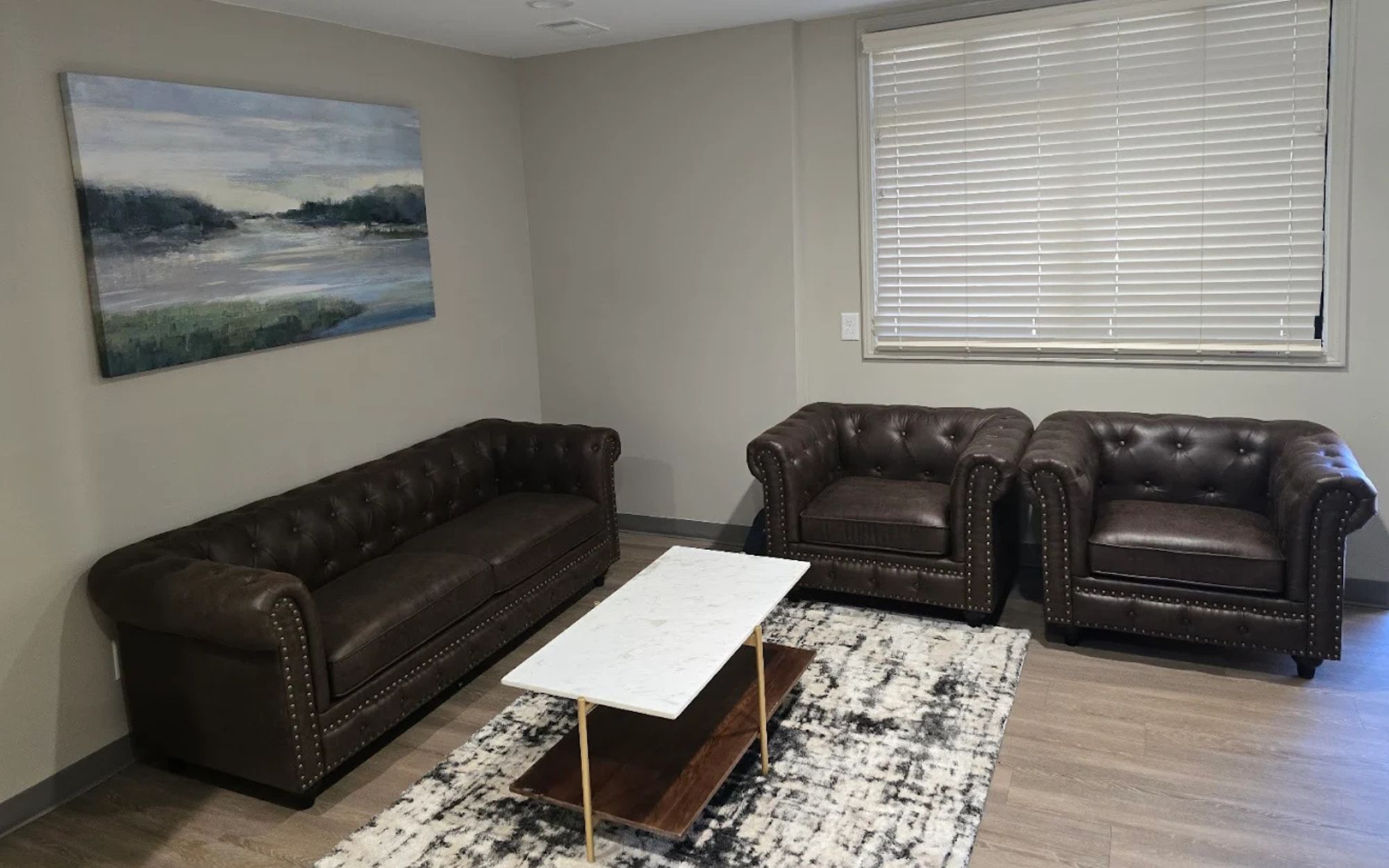
ADHD therapy Atlanta
Attention-deficit/hyperactivity disorder (ADHD) is more than a childhood diagnosis; it’s a complex neurodevelopmental condition that can impact focus, emotional regulation, decision-making, and impulse control well into adulthood. At Lanier Recovery Center, we offer comprehensive ADHD treatment in Atlanta through our outpatient levels of care, including PHP, IOP, and OP.
Whether you’ve recently been diagnosed or have struggled with symptoms for years, we provide personalized, trauma-informed care to help you develop practical tools, manage symptoms, and create lasting stability. Many clients come to us with ADHD and co-occurring substance use, depression, anxiety, or trauma—our integrated approach supports healing on every level.

